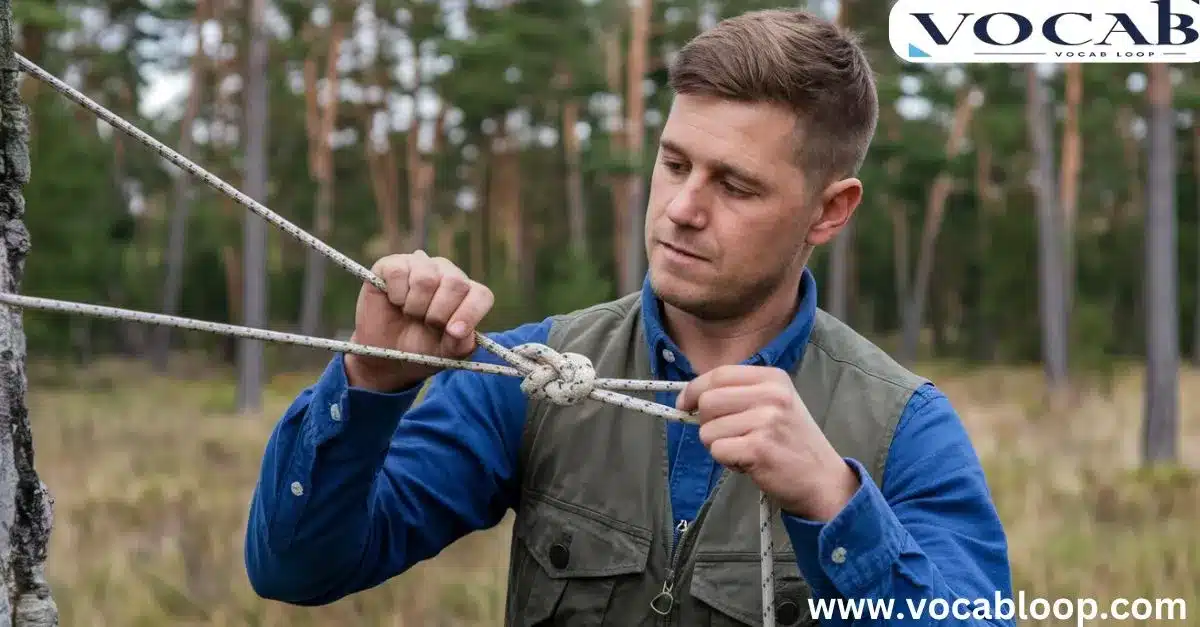Past Tense of Put: Its Past Participle and Conjugation
The past tense of “put”, along with its past participle form and conjugation patterns, is crucial for mastering English. “Put” is an irregular verb with a unique characteristic: it remains the same in both the present and past tense, unlike many verbs that change form. This makes “put” simpler to use, but it can still … Read more








